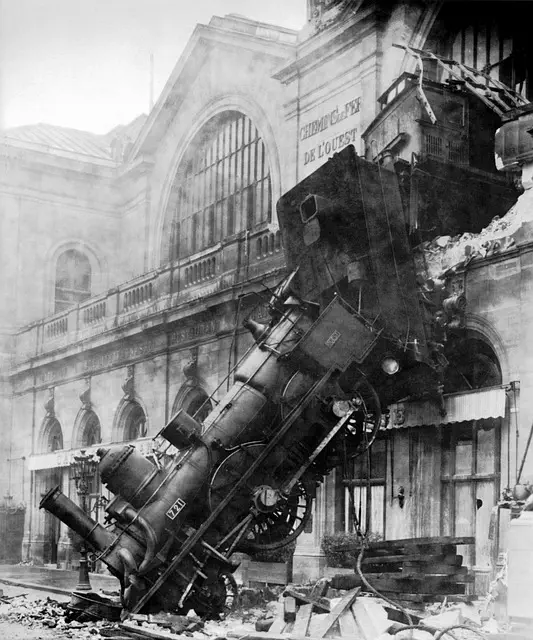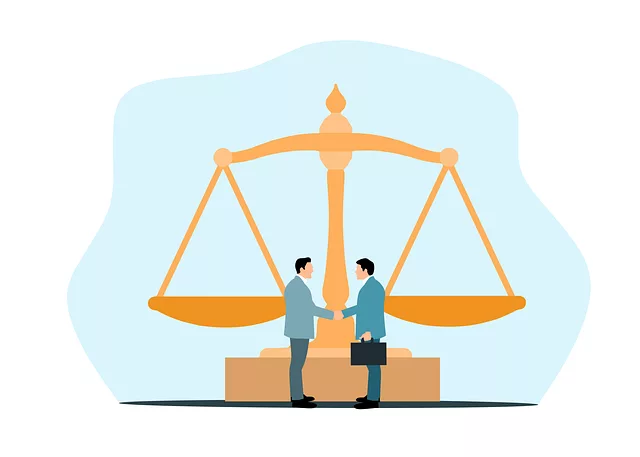In New York City, driving while impaired (DWI) laws are strictly enforced, with a blood alcohol content (BAC) limit of 0.08% for those aged 21 and above. Traumatic brain injuries (TBI), often severe after car accidents, especially in high-traffic areas like NYC, require specialized legal help. A traumatic brain injury attorney specializing in nursing home accidents can advocate for victims' rights, ensuring they receive fair compensation. These lawyers have extensive knowledge of DWI laws and personal injury claims, particularly regarding TBIs, and understand the standards of care in nursing homes. They craft tailored defense strategies and guide clients through legal processes to secure favorable outcomes.
Navigating the legal complexities of DWI (Driving While Impaired) cases in New York’s Bronx district requires specialized knowledge, especially when traumatic brain injuries (TBI) are involved. This article explores critical aspects of DWI defense strategies tailored to local laws and unique challenges. From understanding TBI implications in motor vehicle accidents to seeking compensation for nursing home negligence, it guides victims through building a solid case. Discover the importance of hiring a traumatic brain injury attorney specializing in NYC nursing home accident cases for optimal legal recourse and support.
- Understanding DWI (Driving While Impaired) Laws in New York: The Bronx Focus
- The Impact of Traumatic Brain Injuries (TBI) in Motor Vehicle Accidents
- Nursing Home Accidents and Legal Recourse: A Closer Look at NYC
- Hiring a Specialized Attorney for TBI Cases in the Bronx
- Building a Solid Defense Strategy for DWI with TBI Complications
- Maximizing Compensation and Support for Victims of Nursing Home Accidents with TBI
Understanding DWI (Driving While Impaired) Laws in New York: The Bronx Focus

In New York, including The Bronx, driving while impaired (DWI) laws are strictly enforced to ensure road safety. Under New York Vehicle and Traffic Law, operating a vehicle with a blood alcohol content (BAC) at or above 0.08% is considered DWI for individuals 21 years of age and older. For commercial drivers and those under 21, the legal limit is significantly lower, reflecting a zero-tolerance policy for impaired driving.
In cases involving DWI, a traumatic brain injury (TBI) attorney specializing in nursing home accidents in NYC can play a crucial role. These attorneys understand the complex interplay between DWI laws and personal injury claims, especially when TBI is involved. They advocate for clients’ rights while navigating the legal intricacies, ensuring fair compensation for injuries sustained due to impaired driving.
The Impact of Traumatic Brain Injuries (TBI) in Motor Vehicle Accidents

Traumatic Brain Injuries (TBI) are a significant concern in motor vehicle accidents, particularly in high-density urban areas like New York City. A TBI attorney specializing in nursing home accidents understands the profound impact these injuries can have on victims’ lives. The brain is incredibly complex and sensitive, and even minor crashes can lead to severe consequences. Symptoms range from headaches and dizziness to more long-term issues like cognitive impairments, memory loss, and behavioral changes. In NYC, where bustling streets and heavy traffic are common, the risk of TBI in accidents is elevated, especially for vulnerable populations such as the elderly or those living in nursing homes. A qualified traumatic brain injury attorney for nursing home accidents NYC can provide crucial support to ensure victims receive the compensation and care they deserve.
Nursing Home Accidents and Legal Recourse: A Closer Look at NYC

Nursing home accidents can have devastating consequences, especially when they result in traumatic brain injuries (TBI). In New York City, where nursing homes are abundant and diverse, residents rely on proper care and vigilance to prevent such incidents. If a TBI occurs due to negligence or misconduct within a nursing home facility, victims may be entitled to legal recourse. A qualified traumatic brain injury attorney for nursing home accidents NYC can help navigate the complex legal system and ensure that affected individuals receive fair compensation for their injuries.
These legal professionals specialize in investigating accidents, gathering evidence, and advocating for clients’ rights. They understand the intricate regulations and standards of care expected of nursing homes, enabling them to build strong cases on behalf of their clients. With NYC’s bustling healthcare landscape, it is crucial to have an attorney who stays abreast of relevant laws and medical advancements to effectively pursue claims for TBI injuries stemming from nursing home accidents.
Hiring a Specialized Attorney for TBI Cases in the Bronx

When facing charges of driving while intoxicated (DWI) in the Bronx, especially with allegations of causing a traumatic brain injury (TBI) during a nursing home accident in NYC, it’s paramount to hire an attorney specialized in such complex cases. Traumatic brain injuries are often misconstrued and underappreciated, making legal representation from a lawyer who understands the nuances of TBI cases crucial.
A traumatic brain injury attorney for nursing home accidents in NYC will have extensive knowledge of medical records, rehabilitation processes, and the latest legal precedents related to TBI. They will employ this expertise to build a robust defense strategy tailored to your unique situation. Their goal is to secure the best possible outcome, whether that means dismissing charges, reducing penalties, or mitigating future legal repercussions for you and your family.
Building a Solid Defense Strategy for DWI with TBI Complications

Building a solid defense strategy for DWI (Driving While Intoxicated) cases with Traumatic Brain Injury (TBI) complications requires a nuanced approach. Given the sensitivity of TBI-related legal matters, it’s crucial to consult a traumatic brain injury attorney specializing in nursing home accidents in NYC. These professionals understand the intricate interplay between DWI laws and medical complexities associated with TBI, ensuring your defense strategy is well-grounded.
A comprehensive defense may involve gathering detailed medical records and expert witness testimony to illustrate the impact of TBI on an individual’s cognitive abilities and decision-making processes at the time of the incident. Additionally, challenging the admissibility of field sobriety tests and breathalyzer results can be a key component, considering the potential for TBI to affect motor functions and sensory perception. By employing these strategies, accused individuals can present a robust defense that accounts for their unique circumstances.
Maximizing Compensation and Support for Victims of Nursing Home Accidents with TBI

Victims of nursing home accidents who suffer from traumatic brain injuries (TBI) require extensive support and compensation. A traumatic brain injury attorney for nursing home accidents NYC can play a pivotal role in ensuring that victims receive the maximum possible compensation to cover current and future medical expenses, rehabilitation costs, loss of income, and pain and suffering.
In such cases, it’s crucial to document every detail of the accident, gather evidence, and consult with medical experts who can assess the severity of the TBI and its long-term impact. A qualified attorney will advocate for their client’s rights, negotiating with insurance companies or pursuing legal action against negligent nursing homes to secure the financial resources needed for a full recovery and a better quality of life.
Understanding DWI laws and their complexities, especially when involving traumatic brain injuries (TBI), is crucial for residents of the Bronx. With specialized attorneys and robust defense strategies, individuals facing DWI charges with TBI complications can navigate these legal challenges effectively. Moreover, victims of nursing home accidents resulting in TBI have recourse through experienced traumatic brain injury attorneys in NYC who can maximize compensation and support. By employing tailored approaches for each case, those affected can secure justice and the resources they need to recover and rebuild their lives.
